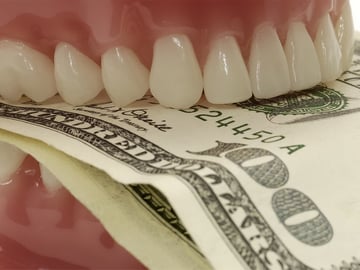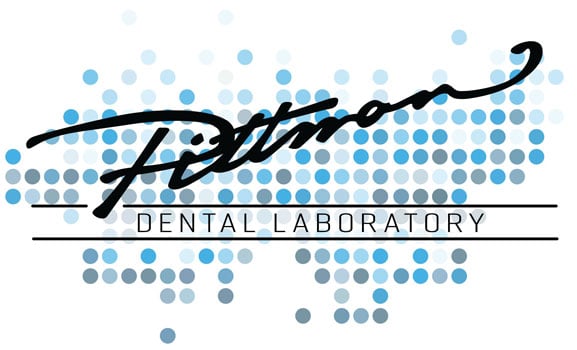 Inflation is a term that frequently makes headlines, impacting various sectors of the economy. While it may not be the first industry that comes to mind, the dental industry is not immune to the effects of rising prices. In this blog post, we'll explore the ways in which inflation can sink its teeth into the dental industry and the consequences it brings.
Inflation is a term that frequently makes headlines, impacting various sectors of the economy. While it may not be the first industry that comes to mind, the dental industry is not immune to the effects of rising prices. In this blog post, we'll explore the ways in which inflation can sink its teeth into the dental industry and the consequences it brings.
1. Rising Material Costs:
One of the most immediate effects of inflation on the dental industry is the surge in material costs. Dental practices rely on a wide range of supplies, from dental instruments to restorative materials like crowns and fillings. As the prices of these materials increase, dental professionals are forced to either absorb the additional costs or pass them on to patients in the form of higher fees for procedures.
2. Impact on Small Practices:
Smaller dental practices may face even greater challenges in coping with inflation. They often lack the purchasing power of larger dental chains, making it harder to negotiate favorable prices with suppliers. As a result, they may see their profit margins squeezed, making it more difficult to invest in new equipment or hire additional staff.
3. Access to Care:
Inflation can also affect access to dental care, particularly for those without comprehensive insurance coverage. As the cost of dental procedures rises, individuals may postpone or forego necessary treatments due to financial constraints. This can lead to more serious dental issues down the line, potentially increasing the overall cost of care.
4. Employee Compensation:
Dental practices need skilled and qualified staff to provide quality care. Inflation can drive up the cost of living, making it necessary for dental practices to increase employee wages to retain talent. This added financial burden can put additional pressure on practice finances.
5. Investment in Technology:
The dental field relies heavily on technological advancements for better patient care and streamlined processes. Inflation can make it challenging for dental practices to invest in new technologies, hindering their ability to stay competitive and provide the best care possible.
In conclusion, inflation may not be as readily associated with the dental industry as it is with others, but its effects are nonetheless significant. Rising material costs, challenges for smaller practices, limited access to care, increased employee compensation demands, and hindered technological advancements all contribute to the complex relationship between inflation and the dental industry. Pittman Dental Laboratory and Surgical Solutions must remain vigilant to navigate these challenges as well. At Pittman Dental Laboratory and Surgical Solutions, we are continually engaged in negotiations with our suppliers, tirelessly striving to secure the finest materials at the most competitive prices.
Pittman Dental Laboratory Blog
The Biting Truth: How Inflation Impacts the Dental Industry
Topics: marketing your practice, Dentist, Dental Lab, aquiring new patients, Dental Technology, New Dental Practice, Dental Industry, Inflation
